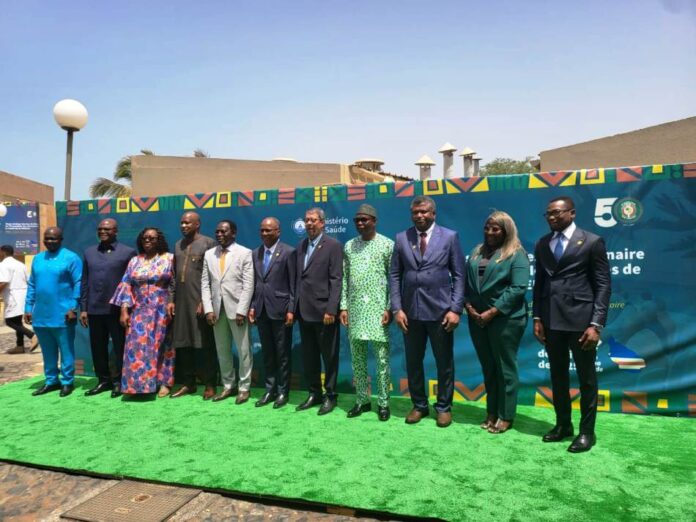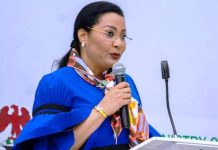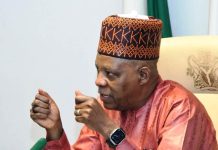
Nigeria’s Minister of State for Health and Social Welfare, Dr. Iziaq Adekunle Salako, has called for renewed regional cooperation, bold political will, and a shift to community-driven health systems as West African nations grapple with escalating public health challenges.
In delivering Nigeria’s official remarks at the 26th Ordinary Session of the ECOWAS Assembly of Health Ministers in Praia, Cape Verde on Friday, Dr. Salako underscored the urgent need to address persistent regional health system weaknesses, including maternal and child mortality, inequitable access to healthcare, and a growing exodus of health professionals to Europe and America.
“This Assembly comes at a crucial time,” he stated. “Our systems are under strain. Yet, amid these challenges, there are opportunities to rethink, reimagine, and reinvigorate our healthcare systems.”
Dr. Salako highlighted the theme of this year’s session, “Community Health Principles and Standards,” as a timely reminder of the Alma-Ata Declaration of 1978, emphasizing people-centred care. He stressed the importance of shifting from fragmented approaches to integrated, primary health care-led systems that prioritize equity and community ownership.
He shared Nigeria’s ongoing reforms under President Bola Ahmed Tinubu’s Renewed Hope Agenda, noting the Nigerian Health Sector Renewal Investment Initiative (NHSRII) as a transformative blueprint aiming to revitalize 17,000 Primary Health Centres by 2027. Nearly 50,000 frontline workers have already been trained, with a goal of reaching 120,000 to provide integrated, people-centred care.
In a bold move toward health independence, Dr. Salako announced Nigeria’s allocation of $200 million in domestic resources to bridge gaps left by dwindling external donor funds for HIV, TB, and malaria interventions. Additionally, he unveiled efforts to stimulate local pharmaceutical production through a Presidential Executive Order aimed at removing tariffs on medical inputs.
“Health is not just a national issue; it is regional and global, invoking lessons from the COVID-19 pandemic. “If everyone is not safe, nobody is safe.”Dr. Salako said,
He also emphasized Nigeria’s commitment to ECOWAS Vision 2050 and to strengthening the local governance of PHCs through the recent policy granting financial autonomy to Local Governments.
Closing his address, Dr. Salako urged fellow ministers to ensure the Assembly delivers more than dialogue. “Let this Assembly be remembered not only for dialogue, but for purpose, vision, and action,” he declared.
The session, hosted by Cape Verde, brings together health ministers from across the ECOWAS region to deliberate on shared health priorities, best practices, and strategic responses to the region’s most pressing health concerns.
Signed
Alaba Balogun
Deputy Director
Press & Public Relations
12 May 2025





